Book Review: Use As Directed Review edited by Simon Petrie and Edwina Harvey (Peggy Bright Books)

Left over to review as part of last year’s World Tour of SFF, Use Only As Directed fits just as nicely into the Women and Non-Binary in SFF theme for Skiffy & Fanty this year. The latest anthology from Peggy Bright Books, edited by Simon Petrie and Edwina Harvey, Use Only As Directed features Australian and New Zealand authors – of whom over 50% are female – crafting short stories around the titular phrase that one commonly reads on instructions for everything from medicine to the latest gadget. The anthology’s predominant characteristic is its well-balanced diversity in authors and styles, with an array of female, male, and nonhuman characters and a range across genres from horror to fantasy to science fiction. Author nationality and the unifying theme bring the major constants — though given the Australian/New Zealand focus, racial diversity is not really present here.
Short and Sublime: The Awakened Kingdom by N.K. Jemisin
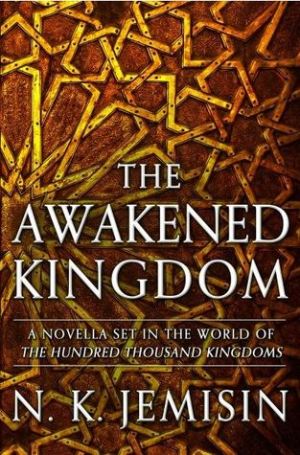
The Awakened Kingdom, a 2014 fantasy novella by N.K. Jemisin released both as part of The Inheritance Trilogy omnibus and as a standalone e-book, is told from the point of view of a baby god. And as adorable as the central premise is, the execution is enough to sorely tempt me to quote large swaths of the text in lieu of a real review. The novella opens thus: I am born! Hello! Many things happen! The end! Hello again! How are you? I am fine. I have learned more about the Proper Ways from Papa Tempa. Papa said that what I did before is not the Proper Way to tell a story, so I will do it over. I do not like the way he says I should tell it, though. That is BORING… What follows is the coming-of-age story of Shill, a god newly born following the death of another god, in which she tries to find her purpose and her nature. Shill isn’t born knowing how to god, so to speak; her first attempt to interact with mortals results in, um, an accident:
Book Review: The Galaxy Game by Karen Lord
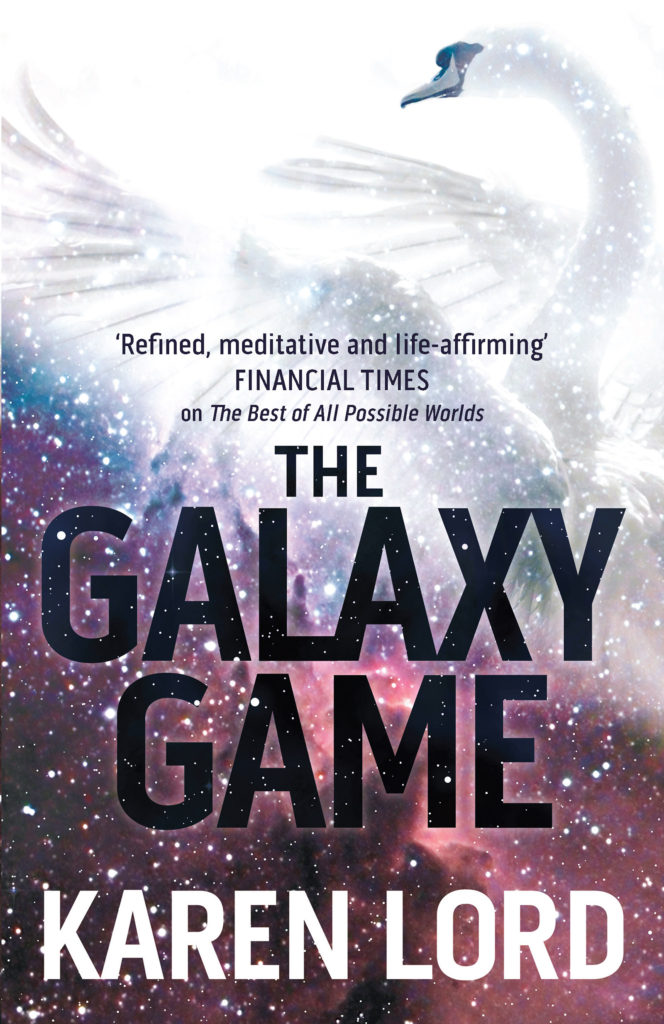
Rafi is a sometimes unwilling student at the Lyceum, a school for the psionically gifted. Such powers are dangerous, and Rafi is an object of control and political manipulation. Seeking freedom from the Lyceum and those who would control him, Rafi’s personal journey, and the personal journeys of his friends, take him outside the bounds of the Lyceumto worlds and places where he and his friends can try to find themselves. And perhaps get in a little Wallrunning too. And yet the personal story of a psionically gifted student and his friends is set against the backdrop of a planet and a galaxy undergoing severe social change. Psionics, mindships and galactic politics are all part of Karen Lord’s The Galaxy Game.
Book Review: The Very Best of Kate Elliott
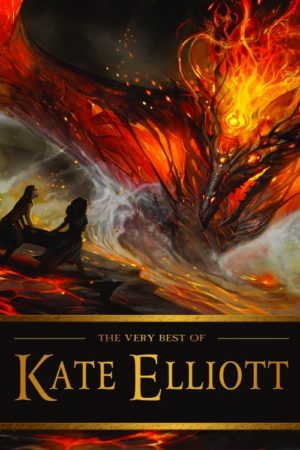
Fans of Kate Elliott will have a good idea what to expect from Tachyon Press’ The Very Best of Kate Elliott, a 2015 collection of twelve short stories, some set in the numerous worlds she has invented over the last two decades, as well as four essays. In these richly imagined worlds, intimate scenes take place among friends, lovers, mentors, and families — and the prominent characters are always women. In these stories, a young woman rides to escape an arranged marriage, a widow travels to save her village, and a woman fights to defend her honor. In her introduction, Kate Elliott discusses the landscape of the fantasy and science fiction worlds she fell in love with, grand stories focused almost exclusively on men. Comparing the river of stories to the river of her home, Elliott writes that “Narrative gets engineered until we start to believe it has always run this way.” Again and again in The Very Best of Kate Elliott, stories full of women show other ways for the narrative to flow. The plot of “Riding the Shore of The River of Death” is almost immediately recognizable as a straightforward fantasy story: a group of young warriors on a hunt to prove their manhood encounter an obstacle and then a powerful sorcerer. Their companions follow and there is a confrontation among a circle of standing stones. At the end, the protagonist must make a choice. Almost a straightforward story, except that one of the hunters, and the sorcerer, are both women. The companions who follow include the hunter’s betrothed, a mighty hero who will nevertheless trap her in a life she does not want. With this story, Elliott adds to and reclaims the simple heroic fantasy so many of us grew up with.
Short and Sublime: Dream Houses by Genevieve Valentine
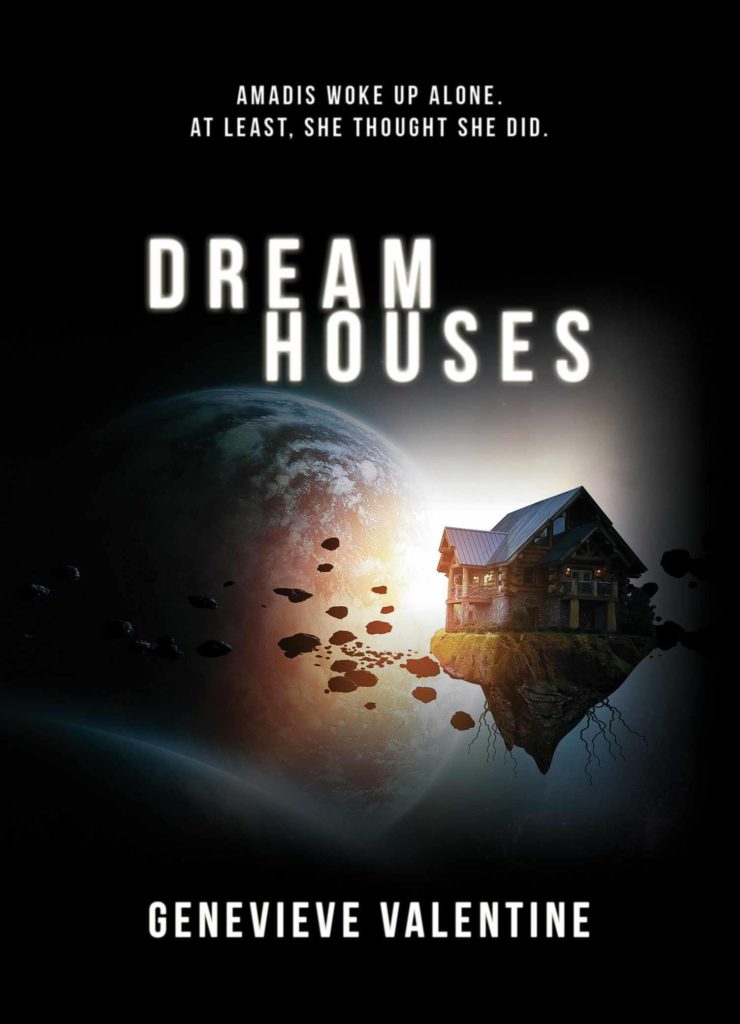
Genevieve Valentine’s Dream Houses, a suspenseful but thoughtful 2014 novella from WSFA Press & Wyrm Press, opens with protagonist Amadis awakening early from hibernation on the junky spaceship she’s a low-ranking crew member for — and the rest of the crew are dead in their hibernation pods. This makes her the de facto captain with no one for company except the ship’s creepy A.I. on a six year trip with no real communication options and not enough food. The narrative dips back and forth in time over the course of Amadis’ journey, and the reader gets to know and mourn the small crew as well as Amadis’ fraught relationship with her brother. The particular run is a simple cargo transport to a far-off, barely habitable planetary outpost and thus attracts crew that are a little dodgy, or just can’t stop running — except for the captain Lai, who’s something of an enigma. Amadis and her brother love each other in a way that’s tainted with the traumatic horrors of their past and the resultant divergent goals of their present.
Partial Book Review: Dangerous Games edited by Jonathan Oliver
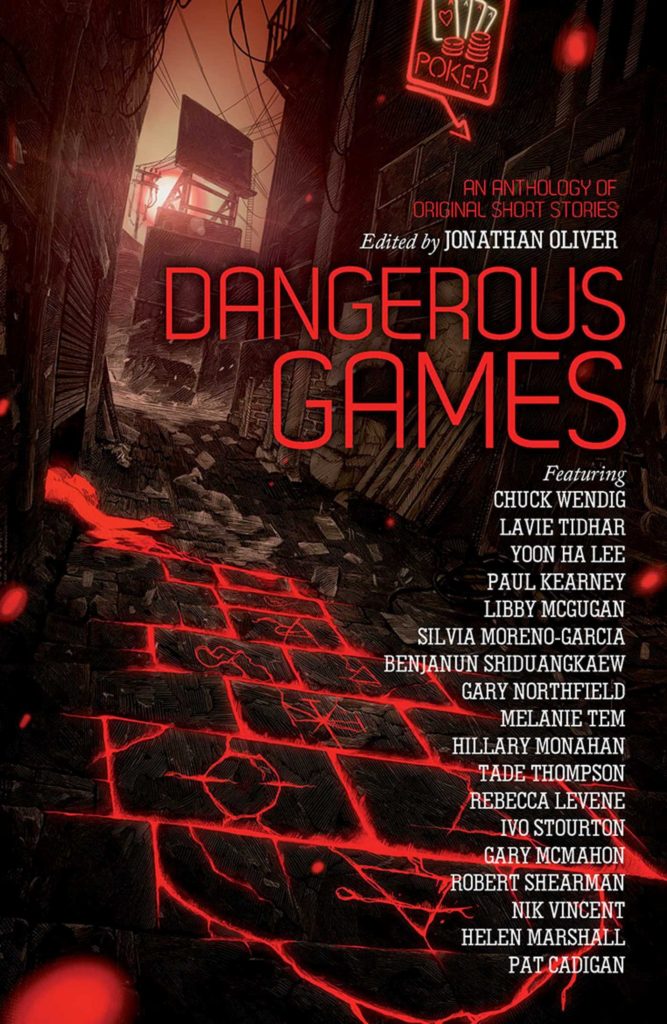
(This is a partial review, as I did not read the entire anthology for Reasons*.) Dangerous Games, edited by Jonathan Oliver, is a 2014 horror and dark fantasy anthology whose stories are united by gaming. The games featured are pretty diverse; I initially thought (for some weird reason) it’d be all western gambling, which I find pretty boring, but not so much. There are games from all over the world, as well as several stories revolving around RPG’s (of course, silly me). I found three stories conceptually very interesting. “The Yellow Door” by Sylvia Moreno-Garcia is a Lovecraftian story. While it ended a little abruptly, it does what only great horror writers can do in rendering the completely innocuous — things you cannot fathom being creepy — frightening. In this case, it’s the generic westernized Chinese restaurant — and component parts thereof. This I found more interesting than the Cthulhian element, not being a Lovecraft person. Though I must say, shoggoth soup. Ahem.

